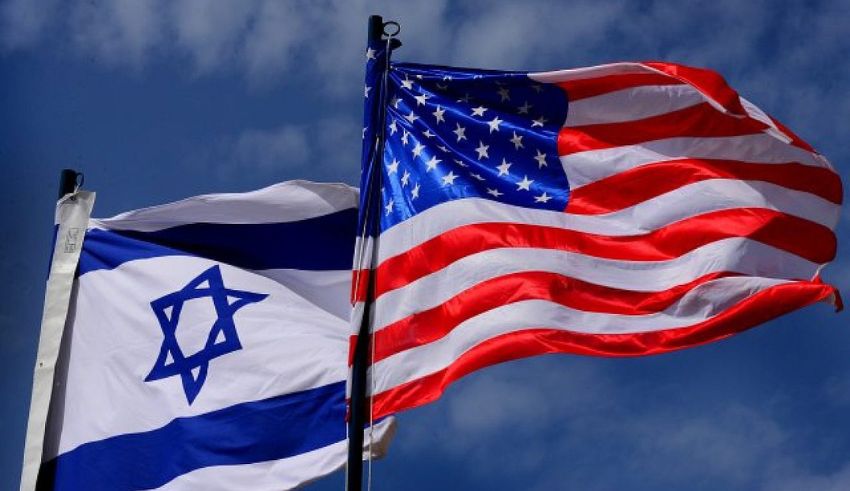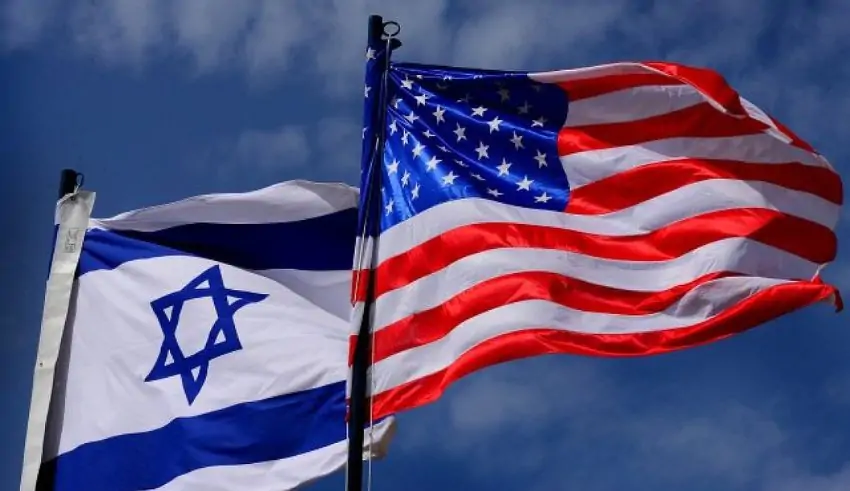

(C) JNS
The recent attacks on US and Israeli targets in Asia, which have been blamed on Iran and its proxy forces, have sparked fears of a regional war and a global crisis.
The attacks have also triggered a fierce online battle for influence and propaganda, as Iran, Israel, and the US have used social media platforms, such as Twitter, Facebook, and YouTube, to shape the narratives and the perceptions of the conflict.
Iran, which has denied any involvement in the attacks, has used online platforms to project an image of defiance and denial, and to challenge and counter the accusations and the threats from the US and Israel. Iran has also used online platforms to rally and mobilize its supporters and allies, such as Hezbollah in Lebanon, Hamas in Gaza, and the Houthis in Yemen, who have expressed solidarity and readiness to join the fight against the US and Israel.
Iran’s online strategy has included:
Israel, which has accused Iran of being behind the attacks, has used online platforms to convey an image of condemnation and retaliation, and to justify and defend its actions and interests. Israel has also used online platforms to seek and secure the support and the cooperation of its allies and partners, such as the US, the UK, and the Arab states, who have expressed sympathy and solidarity with Israel, and who have called for a collective response to Iran’s aggression.
Israel’s online strategy has included:
The US, which has confirmed Iran’s role in the attacks, has used online platforms to project an image of pressure and diplomacy, and to balance and manage its interests and obligations. The US has also used online platforms to communicate and coordinate with its allies and partners, such as Israel, the UK, and the EU, who have shared and supported the US’s assessment and approach, and who have called for a peaceful and diplomatic solution to the crisis.
The US’s online strategy has included:
The online battle for influence and propaganda, therefore, is a crucial and complex dimension of the conflict between Iran, Israel, and the US, which has implications for the public opinion, the media coverage, and the policy making of the parties involved, and for the peace and the stability of the region and the world.
The European Union and Singapore agreed to a transformative Digital Trade Agreement which serves to deepen their economic relations through…
If you are planning to fly via Malaysian Airlines or booked any of your travel through India or any of…
Music is a strongest medium to connect ourselves with the soul and any individual around the world because the emotion…
During the speech at the Financing Asia's Transition Conference the minister of environment in Malaysia called on ASEAN nations to…
The 61st Baeksang Arts Awards ceremony took place on 5 May 2025 at Seoul in South Korea and this glittering…
The fifth prisoner exchange took place on 6 May 2025 between Russia and Ukraine involving 205 prisoners and it is…
This website uses cookies.
Read More